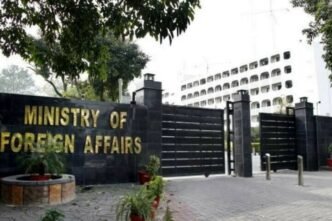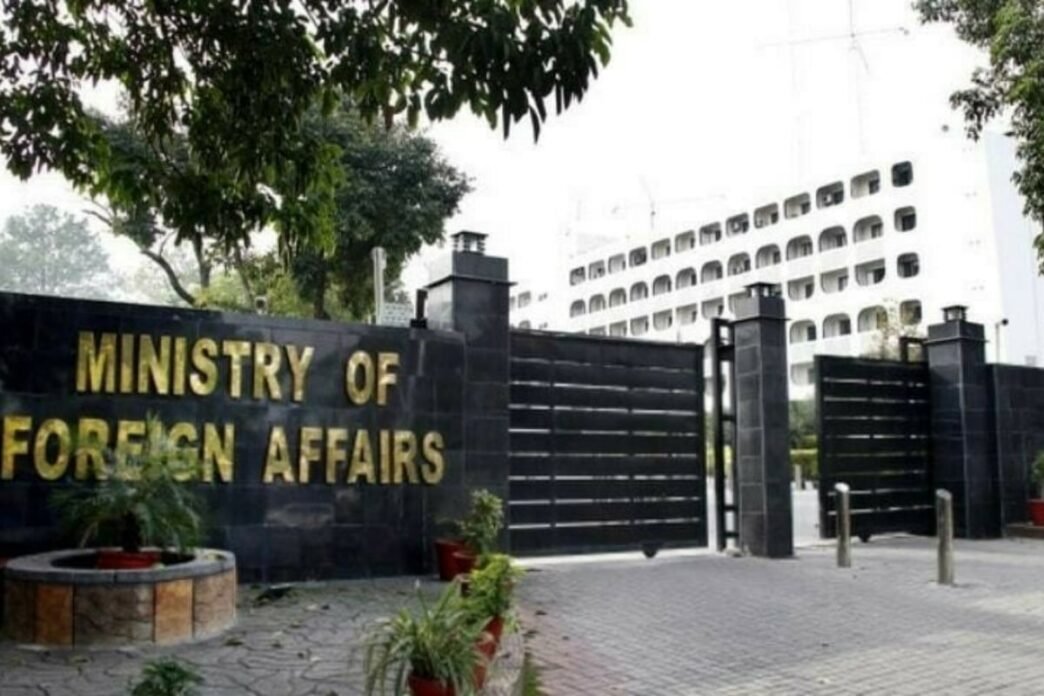ISLAMABAD: Pakistan has expressed deep regret over what it described as yet another provocative and inflammatory statement by Indian Prime Minister Narendra Modi.
In a statement issued by the Ministry of Foreign Affairs, Pakistan urged the Indian government to practice introspection, refrain from issuing threats, and adhere to international principles—particularly respect for the sovereignty of other nations, fulfillment of treaty obligations, and exercising restraint in both rhetoric and action.
“It is unfortunate, though not surprising, that the Indian Prime Minister has once again chosen to deliver a divisive speech, sidelining pressing internal issues such as historical distortion and the suppression of minorities,” the statement read.
The ministry also raised concern over Modi’s reference to “weaponizing water”—a shared and treaty-governed resource—calling it a dangerous deviation from international norms. The statement noted that such remarks highlight the growing disconnect between India’s regional conduct and its global aspirations.
“A leadership that truly seeks global respect must begin by holding itself accountable and cleansing its conscience before turning its aggression outward,” the ministry concluded.
PM Modi in his remarks at a gathering in Gandhinagar, the other day, criticized provisions of Indus Waters Treaty saying that these were ‘badly negotiated’. “The treaty has merely been put on hold and they (Pakistan) are already sweating profusely,” the Indian media quoted him as saying.
The Foreign Office in the statement said that the Indian government was linked to extraterritorial assassinations and foreign subversion. India is in occupation of foreign people and territories.
Its record in Indian Illegally Occupied Jammu and Kashmir is defined by systematic repression. It is ironic that such a state now attempts to claim the mantle of victimhood.
“The ideological followers of India’s current government have normalized mob violence, promoted hate campaigns and targeted religious minorities. Such acts may serve domestic optics but cannot withstand international scrutiny. Nor do they inspire confidence in India’s image as a responsible regional power,” the press statement said.
Pakistan urged India to return to the core principles of international order including respect for sovereign rights of others and its treaty obligations, as well as restraint in both language and action. Jingoism might stir applause on the campaign trail, but it undermined long-term peace and stability.
“India’s youth, often the first casualty of chauvinistic nationalism, would do well to reject the politics of fear and instead work toward a future defined by dignity, reason, and regional cooperation.”












